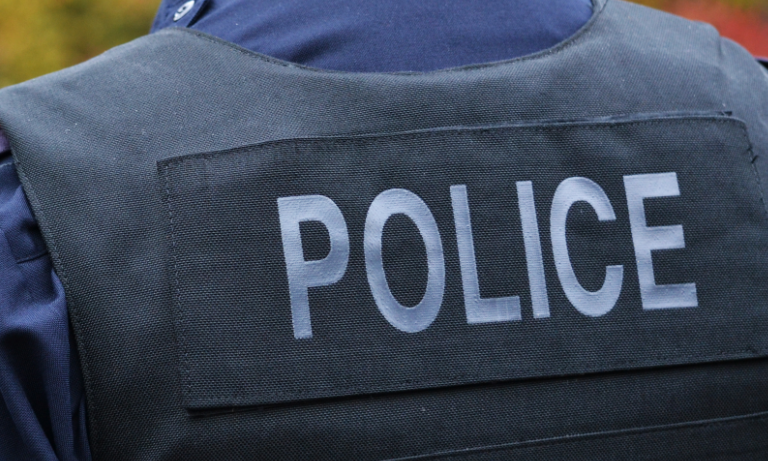 Cleveland Police is hiring uniformed police officers and detective constables
Cleveland Police is hiring uniformed police officers and detective constablesIn the three years up to March 2018, Cleveland Police lost 223 – or more than a quarter of – police officers from local policing, which is the area of policing that deals with neighbourhood issues, such as anti-social behaviour and youth offending. Local policing also includes the Safer Neighbourhood Teams.
The Home Office figures revealed that local policing numbers are falling at a faster rate than any of type of officer. Cleveland Police now has 1,224 full-time equivalent officer roles, which is 500 less than in 2010, while the number of police community support officers also declined.
Cleveland Police is hiring uniformed police officers and detective constables, with the hiring of new police officers open until 12 March or until 400 applications have been received.
Non-police roles on offer include an HR business partner, community hub administrator, a community hub adviser, a data protection officer, a trainee legal executive and a submissions unit clerk. The roles are available at locations throughout the county.
Meanwhile, in the Midlands, Nottinghamshire Police is also hiring, with opportunities on offer including trainee detective opportunities for transferees. Other jobs include a cadet leader, police cadet, communications and engagement officer, intelligence researcher, intelligence and performance analyst, as well as general transferee opportunities.
In a typical day, Nottinghamshire Police deal with 966 incidents, of which nearly half require police attendance. The force will typically deal with 225 new crimes, solve 58 crimes and make 56 arrests. Furthermore, the force responds to 26 road traffic accidents, deals with 94 incidents of anti-social behaviour, conducts 11 missing persons searches, carries out more than five stop-and-searches and deals with 24 incidents involving people with mental health issues.
As you can see, no two days as a police officer will ever be the same. If you are considering joining the police force, there are different ways to enter the service.
A degree holder programme is designed for new recruits who already have a degree – a requirement for joining the police from 2020. Alternatively, candidates can opt for the Pre-Join programme, which allows them to study a three-year degree in policing, after which the candidate can apply to the police, where they will undergo a shorter practical training programme.
Lastly, there is the Police Constable Degree Apprenticeship, which is aimed at candidates who do not yet have a degree.
Recruiters love this COMPLETE set of Accredited Recruitment & HR Training – View Training Brochure








